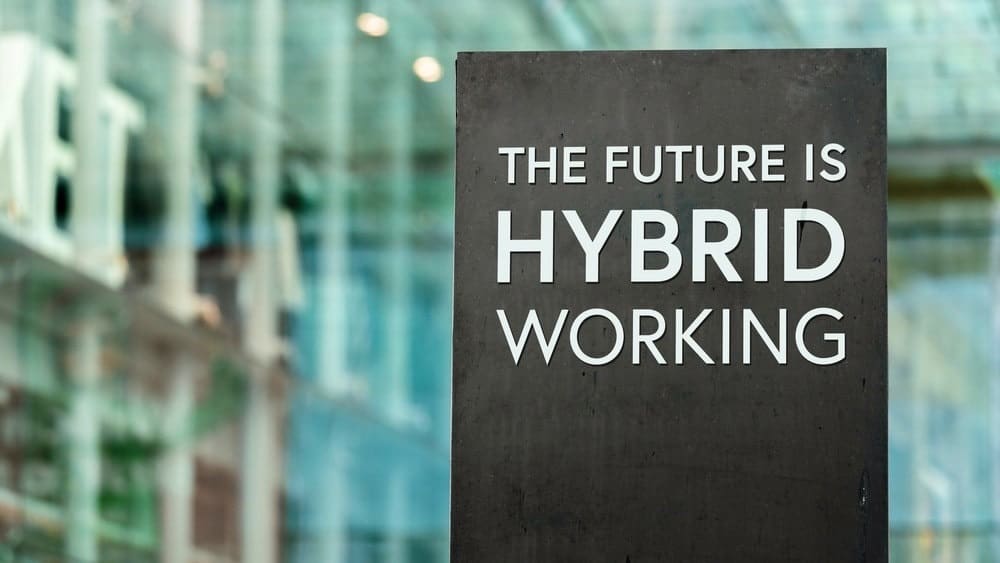Stamford, CT (August 31, 2021) – Audit functions that fail to adapt well to hybrid auditing risk a loss of effectiveness and influence at a time when real-time assurance has never been more vital to the wider organization, according to Gartner, Inc. With hybrid audit engagements here to stay for the foreseeable future, audit leaders must ensure audit processes are still effective and staff remain engaged.
“Audit leaders had to switch abruptly to remote audits during the pandemic and Chief Audit Executives tell us they expect hybrid auditing to become the norm, regardless of the pace of reopening, given the many benefits,” said Malcolm Murray, chief of research in the Gartner Risk & Audit practice. “Now is the time to codify best practices when it comes to hybrid auditing and ensure audit leaders have a plan in place to capture those new benefits, while compensating for the lost benefits of a full-time, in-person audit practice.”
Gartner experts have identified the best practices to solve the challenges of a hybrid audit environment relating to overall audit effectiveness, technology considerations and staff engagement and training.
Hybrid Audit Timeliness and Effectiveness
A persistent challenge of remote auditing has been completing audit engagements on time, in part due to a slower level of responsiveness and the lack of urgency drivers that accompany in-person engagements. To keep audit engagements on track, audit leaders need to take a more proactive approach and build in structured communications with stakeholders on expectations for turnaround time from auditees.
Audit leaders attempting to address the timeliness challenge must essentially overcommunicate their expectations by placing additional emphasis on turnaround times, conducting additional meetings with stakeholders, and develop communication plans that follow best practices and address common questions from auditees.
Gartner experts recommend that audit leaders leverage remote audits as much as possible while still conducting in-person engagements for audits of high-risk areas or where relationship building is key. Audit leaders should set up a system for grading audits by ability to conduct remotely, this should include triggers for such as management changes, previous poor audit results and new acquisitions.
Technology Enablement
Audit leaders embraced new technologies when confronted with the prospect of remote auditing. These technologies include video technologies, drones, smart glasses, and mobile phone use. Data analytics has also enabled better remote and continuous audits. However, the widespread adoption of new technologies in a short timeframe presents new challenges and risks that require standardized procedures which are still a work in progress in many organizations.
“The key to successful use of new technologies is to have mitigation strategies and clear communication between auditors and auditees on processes,” said Murray. “Many teams are now conducting test trials well ahead of engagements and learning to match the best type of technology to the auditing environment, such as the use of smart glasses in more rigorous physical environments such as construction sites.”
Staff Engagement & Talent Retention
Audit leaders are grappling with providing staff with more flexible work conditions while balancing issues of engagement and adequate face time with stakeholders.
“Internal auditors rely on in-person interactions with stakeholders to uncover critical information and improve their skills, while also communicating the value of their work to the business. Diminished in-person opportunities in this area can lead to issues with engaging and retaining staff,” said Murray.
Gartner experts recommend that audit leaders develop plans to compensate for a lack of learning opportunities on the job. Audit leaders need to create a hybrid training system, that includes formalized coaching opportunities and senior stakeholder interaction.
Gartner’s research into hybrid auditing challenges and the best approaches to solve them draws upon extensive qualitative interviews with internal audit leaders of large, global organizations as well as hundreds of additional client interactions throughout 2020 and 2021 about audit planning and methodology in remote and hybrid work settings.
More detailed analysis is available to Gartner clients in the full report 5 Challenges of Hybrid Auditing and How to Solve Them.
Nonclients can learn more in Transform Internal Audit.
About the Gartner Audit & Risk Practice
The Gartner Audit & Risk practice equips Audit & Risk leaders and their teams with insights, advice, and tools to better navigate high-risk growth decisions. Additional information is available at https://www.gartner.com/en/audit-risk.
About Gartner
Gartner, Inc. (NYSE: IT) is the world’s leading research and advisory company and a member of the S&P 500. We equip business leaders with indispensable insights, advice and tools to achieve their mission-critical priorities today and build the successful organizations of tomorrow.
Our unmatched combination of expert-led, practitioner-sourced and data-driven research steers clients toward the right decisions on the issues that matter most. We are a trusted advisor and an objective resource for more than 14,000 enterprises in more than 100 countries — across all major functions, in every industry and enterprise size.
To learn more about how we help decision makers fuel the future of business, visit gartner.com.













